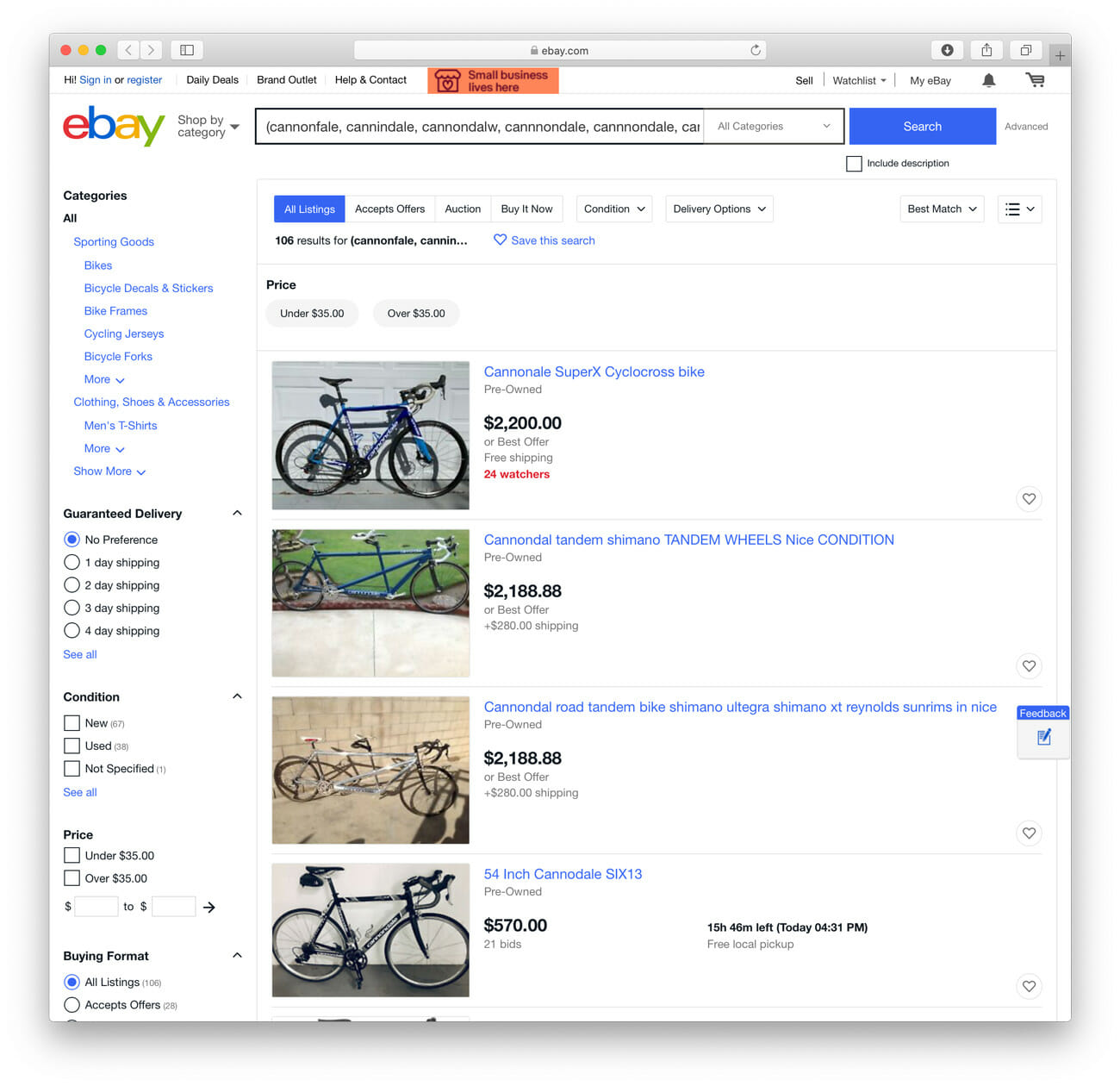We can now count another reason not to leave the house amid the coronavirus pandemic: the first at-home COVID-19 test, produced by Austin, Texas-based home kit company Everlywell, launches today. Similar offerings by other companies like Carbon Health and Nurx are close behind. These tests, which still require doctor’s approval to take, would provide a diagnosis for people who live where tests are in short supply and potentially reduce the burden on healthcare workers.
Amid the never-ending gloom since COVID-19 has hit the U.S., this is a glimmer of sunshine. But we still don’t know a ton: Everlywell hasn’t released data on the sensitivity and specificity of the test, and the product isn’t technically FDA-approved yet, points out Jeff Pothof, MD, associate professor and chief quality and safety officer at UW Health in Madison, Wisconsin.
What follows is everything we do know. Note: we want to provide as many details as possible, but we also want you to be able to find the answers you need, so we’ve highlighted some critical portions of each answer below.
Where did these tests come from?
The speed at which Everlywell was able get up and running is astonishing. On March 8, the company offered up a $1 million development deal to any certified lab that could produce a COVID-19 diagnostic test that fit the FDA and Everlywell’s own requirements. Everlywell then narrowed in on a few among the dozens of labs and diagnostic groups who responded to the call. They worked with the centers to set up the test production and diagnostic capabilities in just two weeks.
How do they work and how long does it take?
If you’re experiencing COVID-19 symptoms, you can go to Everywell’s website to get a screening by an independent telehealth partner, just as you would by the doc in your local clinic or hospital to get an in-person COVID-19 test. If your risk meets the requirements set up by the CDC, Everywell will ship you a test kit.
The test includes two different samplings for diagnosis: a nasal swab and a saliva sample. After you swab, then wipe down your package with the provided alcohol disinfectant pad, you use the prepaid shipping label to mail the kit to a CLIA-certified laboratory partner. The lab runs the test and posts your results on a secure portal within 48 hours. Everlywell also pairs you with a board-certified telehealth doctor to discuss the results once they’re in.
How much does it cost?
Everlywell’s at-home kit costs $135. Julia Cheek, the company’s CEO and founder, tells Gear Patrol that it’s priced as low as possible: that entire sum goes to the production, testing and analysis process, and Everlywell makes no actual profit off it.
But to Americans who have heard the president promise free coronavirus testing , that price tag may come as a surprise. Cheek says they’re working with government officials and public health departments to get their tests to qualify under the recently passed bill — “we would love to provide this test for free!” she stresses — but that hasn’t happened yet.
For what it’s worth, Everlywell’s COVID-19 test kit is actually the cheapest of the pending at-home tests (Carbon Health runs $167.50 while Nurx is $181). And you may be able to use your HSA or FSA to cover the cost if your insurance is a participating provider.
Who qualifies for the test?
Just like with in-person COVID-19 tests, a licensed medical professional (in the case of Everlywell, a teledoc) has to assess your symptoms and risk factors before you can be approved for a test. The tests are available nationwide, except in New York, Rhode Island and New Jersey because of statewide restrictions there on mail-in tests.
Do the tests actually work?
In theory, yes. Reverse transcription polymerase chain reaction (RT-PCR) tests, which analyze your DNA for the virus, are the only way to determine if a person has COVID-19. Everlywell uses an RT-PCR test via a nasal swab — the same exact process as other COVID-19 tests. Also, all of Everlywell’s lab partners have had their validation data and reports reviewed by the FDA under the Emergency Use Authorization framework, she adds.
Still, Pothof cautions that until we have performance data, it’s difficult to confirm the accuracy of any at-home test, including Everlywell’s.
Is it safe to send my results to a private entity?
Cheek explains that only you as the patient and your teledoc will have access to your results, although positive COVID-19 results are reported to federal and state agencies.
Why would I use this kit instead of just going to my local clinic?
Well, for starters, many towns and cities are running low or are completely out of tests. And healthcare workers are short on the protective gear (gloves, gowns, N-95 masks, eye protection) needed to approach and test a patient with symptoms. So unless you’re high-risk, it can be really difficult to get a test locally in a lot of places.
Mail-in kits may also be a great way to reduce the spread of the disease. “This option is especially useful for people who want to avoid potential exposure at healthcare facilities or are quarantined at home because they are experiencing symptoms,” Cheek explains.
Is the test FDA approved?
Technically, no. Adhering to the FDA Emergency Use Authorization (EUA) guidelines and actually obtaining FDA approval are two different things. And Pothof says FDA approval is still quite important to ensure the safety of something like a medical test.
However, the FDA gave the go-ahead for other private companies to start producing COVID-19 tests before their products were officially FDA-approved. And the agency itself has been adding to the confusion of just how important its approval is in this time of necessary haste.
On one hand, the FDA announced a policy last month that essentially okayed certain labs to develop and use valid COVID-19 diagnostics before the FDA had completed its review of the company’s EUA request. The aim was to fast-track the availability of COVID-19 diagnostics in the U.S.
But the agency also released a statement Friday warning against fraudulent tests, adding that “at this time, the FDA has not authorized any test that is available to purchase for testing yourself at home for COVID-19.” So the water’s a little murky still.
Is it taking resources away from hospitals?
In one way, it’s freeing our healthcare resources up. Since everything is done virtually or solitarily, healthcare workers can focus on those who need hands-on assistance.
But there is a risk that these tests may use the same materials that our hospitals need to combat the pandemic, Pothof says. That sets up a conflict: should those resources go to to people who can pay for the test, or to the people most in need at hospitals and testing facilities? Everlywell’s pre-screening process should help to avoid this quagmire, especially since Cheek says the company’s partner docs are using the CDC guidelines for testing approval.
What’s more, Everlywell seems to be aware there is a hierarchy of need: a spokesperson for Everlywell says the company has had so many doctors, nurses and healthcare providers ask for access to these tests — both for their high-risk patients and themselves — that it’s allocating Monday’s supply of COVID-19 tests to healthcare workers.
Are these tests our saving grace?
Because speed is a must to get the public more tests right now, it’s hard to know just where a lack of FDA-approval really puts tests like Everlywell.
But what we do know is its tests adhere to the FDA EUA guidelines, are tested in approved labs and use the same process as established COVID-19 tests. That means chances are pretty good Everlywell’s at-home kits are reliable, accurate and helpful. And considering the shortage of available tests nationwide and lack of access to tests in remote areas, it just might be the best bet right now.
The cost is definitely one real barrier for many Americans, but thankfully, we may soon not have a shortage of tests: “It seems like broad testing ability is just around the corner in the US, and likely with same-day results,” predicts Pothof.
On March 13, the FDA gave the go-ahead for two commercial manufacturers, Roche Holdings AG and Thermo Fisher Scientific Inc., to start producing COVID-19 tests. The companies are known for fast, bulk-scale medical test production and distribution and have promised to churn out 400,000 and 5 million per week, respectively, by April.
Meanwhile, the Mayo Clinic announced Thursday it is now able to give and process 4,000 tests per day, with same-day turnaround on results. Pothof adds UW Health, among many other healthcare systems, is aggressively pursuing a similar capability.
So what’s the bottom line?
If more tests become available that offer a faster turnaround with results and involve talking with the doctor you already know and trust, chances are both patients and physicians will prefer to use those, Pothof notes.
But until then, if you can handle the cost, at-home kits like Everlywell are likely a safe and viable option for getting definitive answers on your health.



